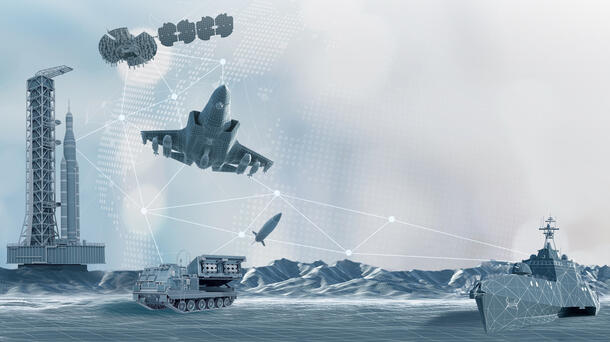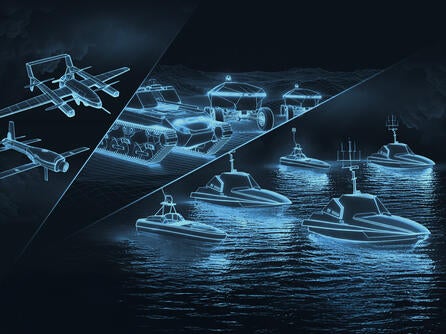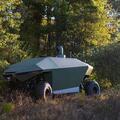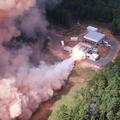By Christopher E. Kubasik
L3Harris Co-Founder, Chair and CEO
Go online, turn on the news or open a paper and you will quickly be confronted with the reality of rising international threats, reminiscent of those faced by our nation and our allies in the last century.
In 1940, when President Franklin D. Roosevelt came to the stark realization that our nation had to be prepared to deter and defeat growing military threats across Europe and around the globe, he turned to America’s commercial enterprises for help. The result came to be known as the “Arsenal of Democracy,” where the nation’s industrial base and the government worked collaboratively to build over 300,000 airplanes, 85,000 tanks and 9,000 ships needed to win World War II.
Eight decades later, the U.S. and its allies face peer adversaries that are again disrupting global order. However, unlike World War II, victory in this new era of great power competition will not be decided by planes, tanks and ships. Instead, it will be determined by the ability to fuse hardware, software and artificial intelligence in ways that give our warfighters “decision dominance,” or the capability to “sense, understand, decide, act and assess faster and more effectively than any adversary.” In other words, shorten the “kill chain.”
Building a modern, AI-enabled “Arsenal of Democracy 2.0” requires novel alliances among innovative firms from across the American technology ecosystem. Our company’s recently announced strategic partnership with Palantir, which brings together their AI platform with L3Harris’ portfolio of software-defined hardware, including sensors, is an example of how businesses in the new, 21st-century arsenal can work together to provide a technological advantage for our nation and allies.
Accomplishing this will also require defense acquisition officials to embrace the best practices of commercial industry that have made our nation a global leader. L3Harris’ experience with commercial acquisition models demonstrates that capability and agility can be driven without relying solely on Department of Defense funding. Many years of internal investment and innovation enabled L3Harris to build software-defined radios that can quickly be reprogrammed to maintain secure communications in contested environments. These radios can be ordered and delivered within the same week.





